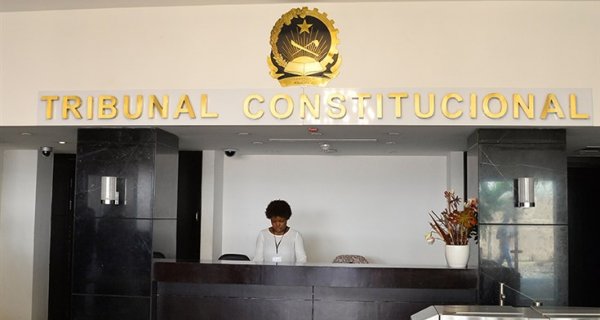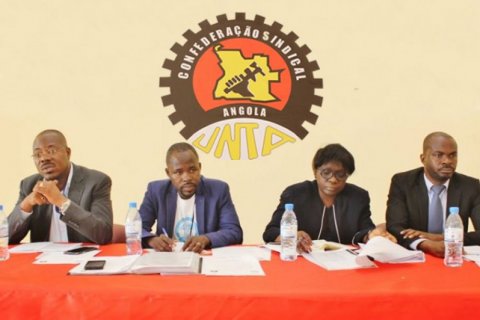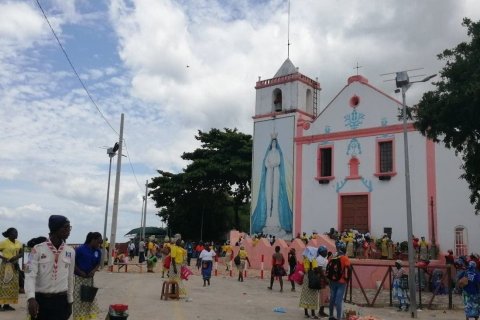Mauro Alexandre took stock of the first phase of the process this Friday, highlighting the innovations made by the Constitutional Court for the 2022 electoral process, with the creation of a digital technological platform to face the constraints of previous elections in the delivery of candidacies by the political parties.
"In previous elections, this platform did not exist and within the legally defined deadline for the purposes of submitting candidacies, political parties went to the Constitutional Court, without the court knowing exactly who is coming, what time they come and if several parties came at the same time", said.
According to Mauro Alexandre, after the submission of candidacies by the parties, the initial posting of the lists at the door of the court follows, between the 26th and 27th of June, for the publicity of the candidates, for the legal possibility of the candidacies being contested.
"A political party can challenge the candidacy of another political party if it understands that there are enough elements to that effect," he said.
After the publication of the lists, the phase of supplying eventual insufficiencies, irregularities and deficiencies that the candidacies may present follows, in a period that elapses from the end of the date of submission of the candidacies until the tenth day, that is, until 5 July.
"It is a phase in which the candidacies that present insufficiencies have the opportunity to meet these needs, bringing the necessary documents to complete the process, to see their processes admitted by the plenary of the Constitutional Court", he advanced.
Mauro Alexandre explained that once the supply of insufficiencies part is closed, the process is analyzed by the plenary of the Constitutional Court to verify the authenticity of the documents and any eligibilities or ineligibility of the candidates.
The official added that the judges must decide, within 48 hours, on the processes, regarding the admission or rejection of the candidacies.
By law, Mauro Alexandre continued, candidates have the possibility to file a complaint about any of the decisions taken by the plenary of the Court, that is, rejection or admission.
"For this purpose, if there is a complaint, the plenary has to meet again to decide on these complaints within 48 hours and here the communication mechanisms are usually the representatives, who are promptly notified of this need to contest when their list is possibly being attacked by another party", he explained.
However, the decision resulting from the claim made by the parties is no longer subject to appeal, highlighted the official, stressing that the court then proceeds to the final disclosure of the lists, one sent to the National Electoral Commission (CNE) and the other posted on the door of the court, and the intervention of the Constitutional Court is due to end on the 16th of July.
Mauro Alexandre said that the Constitutional Court, in the guise of an electoral court, is once again playing an active role in the post-election process, namely after the publication of the final electoral results by the CNE with situations of contestation of the results.







